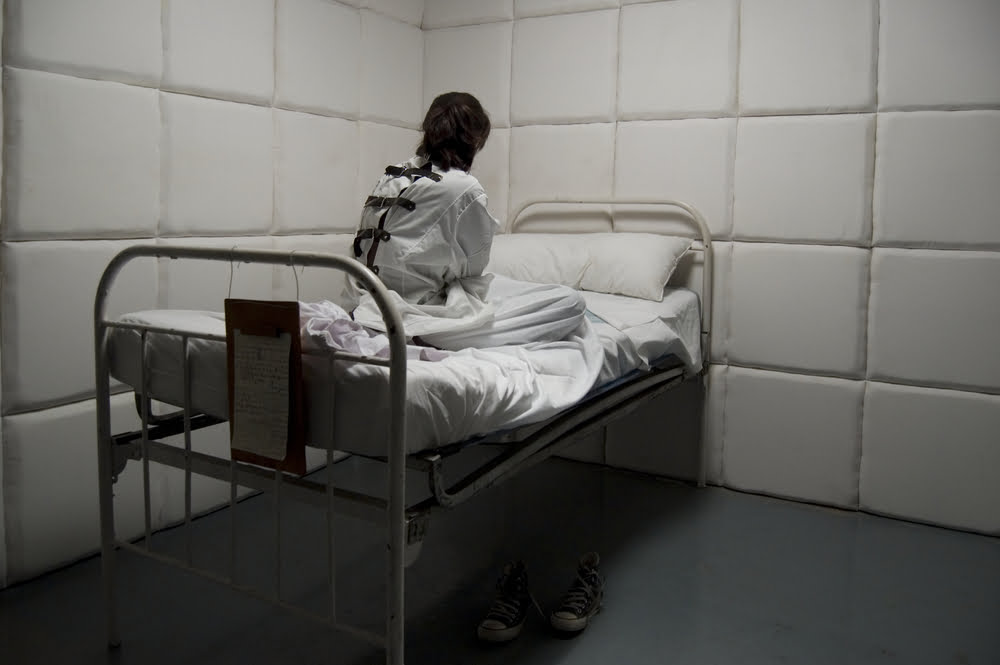A Pretoria court ruled this July that several mental patients who were sent to unlicensed care facilities in 2016 died due to the negligence of two government employees in South Africa.
At least 144 mental patients passed away from pneumonia, dehydration, or diarrhea between 2016 and 2017.
As part of a cost-cutting effort, approximately 1,300 patients were hurriedly transported to 27 “ill-prepared” institutions, as opposed to “concentration camps,” according to a government probe.
Relatives were transferred without notifying their families. In recent years, this tragedy has significantly impacted South African society.
The Gauteng Department of Health, which oversees the province of Johannesburg and Pretoria, declared in October 2015 that it was ending its agreements with a number of Esidimeni facilities, which were long-term mental hospitalisation specialists.
The head of the Gauteng Department of Health, Qedani Mahlangu, made this decision “despite numerous expert advice and professional warnings,” according to first instance court judge Mmonoa Teffo. The controversy led to her resignation.
“Her conduct led to regrettable and unfortunate deaths, some of which could have been avoided,” said the court.
According to a study by the nation’s health supervision body, the centres’ most vulnerable patients were left critically malnourished because they were not given enough food or drink.
Several patients died from thirst. Makgabo Manamela, the chief of the province’s mental health department, had also visited the “ill-equipped” treatment facilities.
The court stated, “She created the circumstances that made these deaths inevitable.”
A relative of one of the fatalities, Andrew Pieterson, expressed his belief that the government “must be held accountable” for this tragedy in an interview with a local television station. He emphasized the need for justice and accountability in light of the preventable deaths caused by negligence.
In response to the tragedy, the South African government announced in 2018 that each affected family would receive 200,000 rands (€10,200) in compensation for burial expenses and the psychological and emotional distress brought on by the incident. However, according to Pieterson, some families have still not been fully reimbursed.
Foster Mohale, a Ministry of Health spokesperson, told AFP that “the Ministry of Health will respond officially and publicly after studying the judgment and its implications.” The government is expected to provide a comprehensive response addressing the court’s findings and the ongoing concerns of the affected families.
Source: Le Monde



